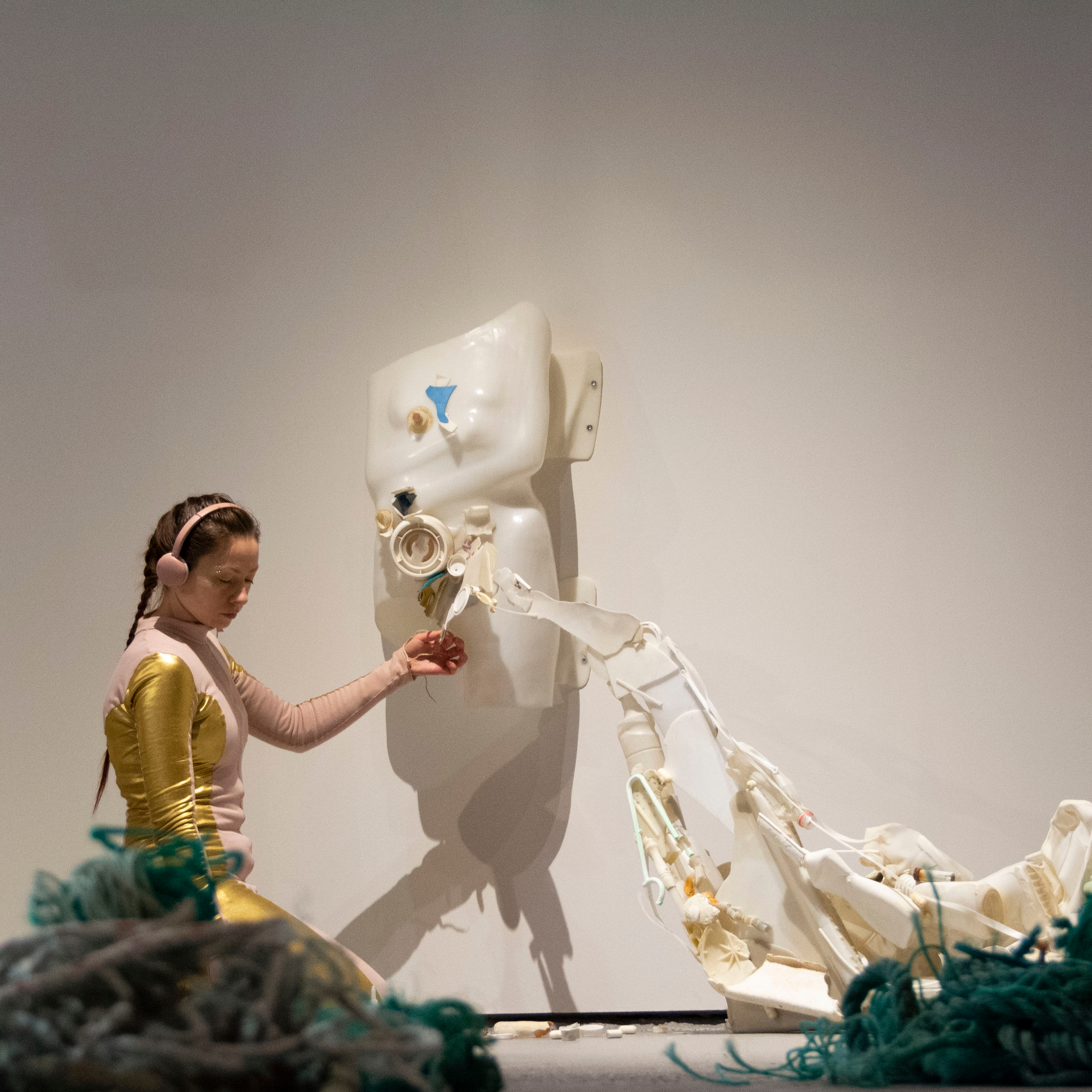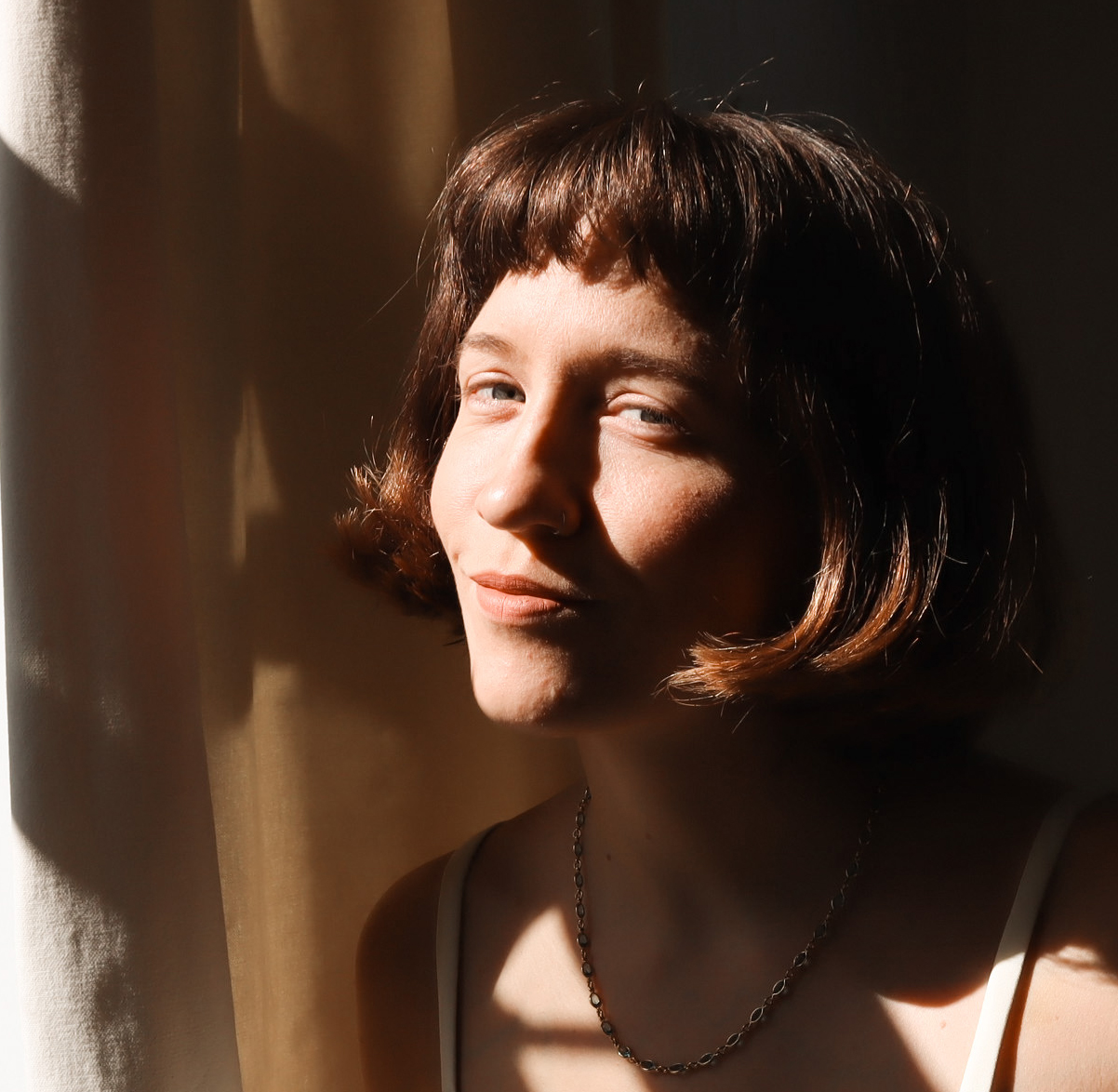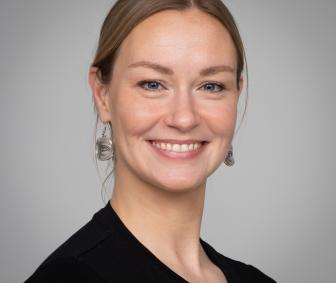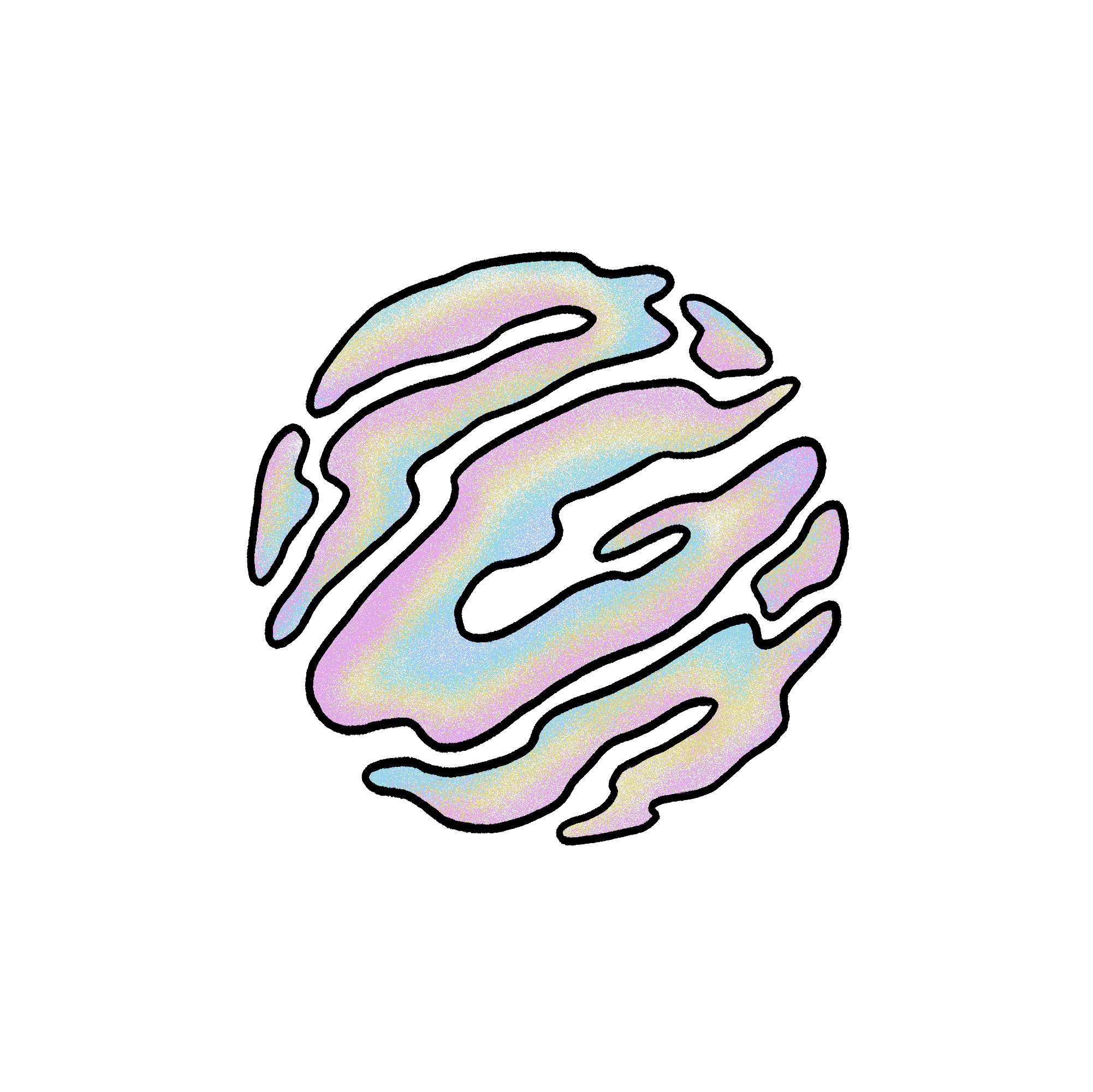
The project OVERSEAS is a collaborative endeavour of Glitzký from Iceland and Association of Theatre Pedagogues from Poland.
Our main goals have been:
🌈 To provide a platform for migrant individuals to express themselves creatively through participatory artistic workshops
🌈 To equip educators with new teaching methods and tools through the work-based educational approach
In Iceland, our workshops were running from April 2024 to September 2024.
We have co-created a performance in September 2024 with an event Open House in Vitatorg Social Centre.
Thank you all who contributed and participated in the project!
Below we have prepared a short sharing of what we have learnt that can be useful to anyone working with Participatory Arts, inclusion, accessibility.

In 2024 and 2025, our project in Iceland and Poland explored how participatory arts can help migrants, refugees and asylum seekers to express themselves, build confidence, and connect with the local community.
Through workshops, collaborative performances, and storytelling exercises, we discovered several approaches that proved particularly effective—and that we hope can inspire other educators, artists, and organisations.
1. Flexibility is key
Attendance and availability can vary among participants, so it’s important to design activities that accommodate different levels of commitment. Offering multiple ways to participate—drop-in sessions, short exercises, and ongoing projects—ensures everyone can join in without pressure.
2. Variety of creative methods
Combining theatre, movement, voice, storytelling, and drawing creates multiple entry points for expression. Non-verbal exercises, sensory exploration, and playful games are especially helpful for participants who may face language barriers.
3. Co-creation strengthens engagement
Allowing participants to shape the content—whether by choosing themes, creating props, or contributing to performances—builds ownership and confidence. In our project, multilingual storytelling and audience participation created moments of collective authorship, helping everyone feel included.
4. Step-by-step confidence building
Starting with short, achievable tasks and gradually moving to more complex exercises or public performances helps participants gain self-esteem. Simple games, collaborative tasks, and supportive feedback were essential in hosting a safe, playful, and encouraging environment.
5. Partnerships amplify impact
Working with local organisations, artists, and community spaces expanded both resources and participation. Collaborations with places known to the group you address the projects to, can help them to feel more ecouraged to join.
6. Reflection and adaptation matter
Continuous observation, feedback, and reflection both internally and with partners allowed us to adapt activities to participants’ needs. Flexibility in planning and delivery helped us respond to challenges.

Meet our team ! ✨
Jordi Cortes

Jordi Cortes is a humanitarian experienced in the field of migration and protection. He has worked in the promotion of social participation and integration with asylum seekers, refugees, and members of the LGBTQIA+ community as well as a deployed international delegate in Hungary, Moldova, Slovakia, and the Central Mediterranean.
Artistically, Jordi focuses on work with vulnerable communities through character development, storytelling, and theatre performance. He has performed as an actor in Spain, the UK and Iceland.
Artistically, Jordi focuses on work with vulnerable communities through character development, storytelling, and theatre performance. He has performed as an actor in Spain, the UK and Iceland.
Vena Naskrecka

Vena Naskrecka is a multidisciplinary artist with a strong background in fine arts and a focus on socially and ecologically engaged projects. Holding a First Class Honors Master's in Art and Process from Cork Institute of Technology, Crawford College of Art & Design in Ireland, and a Bachelor of Fine Arts from Hanze University Groningen's Academy Minerva in the Netherlands, Vena has developed her vocabulary across different cultures and educational systems.
Vena’s research spans subjects of disability and body politics, vulnerability, and the interplay between people and the environment. This interest extends to exploring the experiences of vulnerable populations affected by pollution, global warming, and political challenges.
With a commitment to community engagement, her artistic practice emphasizes the importance of local narratives and environmental awareness. She uses second-hand and recycled materials to create installations that weave together personal stories, dreams, and reflections.
Vena’s research spans subjects of disability and body politics, vulnerability, and the interplay between people and the environment. This interest extends to exploring the experiences of vulnerable populations affected by pollution, global warming, and political challenges.
With a commitment to community engagement, her artistic practice emphasizes the importance of local narratives and environmental awareness. She uses second-hand and recycled materials to create installations that weave together personal stories, dreams, and reflections.
Magdalena Tworek

Magdalena Tworek is a movement artist, theatre performer, cultural producer and an educator.
Her learning journey has been enriched by collaborations with teachers from various cultural backgrounds and knowledge fields, each bringing a unique perspective and approach to her practice.
With a postgraduate diploma in Art Therapy, she has been using creativity as a tool for self-expression and healing. In her current artistic endeavours she expresses her commitment to celebrating diversity, and intercultural dialogue. Through collaborative projects, she co-creates spaces where people can come together, exchange ideas, and express themselves authentically, in a safe, and non-judgemental environment.
Her workshops often incorporate elements of improvisation, movement, sensing, and collaborative games.
Her learning journey has been enriched by collaborations with teachers from various cultural backgrounds and knowledge fields, each bringing a unique perspective and approach to her practice.
With a postgraduate diploma in Art Therapy, she has been using creativity as a tool for self-expression and healing. In her current artistic endeavours she expresses her commitment to celebrating diversity, and intercultural dialogue. Through collaborative projects, she co-creates spaces where people can come together, exchange ideas, and express themselves authentically, in a safe, and non-judgemental environment.
Her workshops often incorporate elements of improvisation, movement, sensing, and collaborative games.
Sigríður Láretta Jónsdóttir

Sigríður Láretta is Icelandic actress and writer. She is involved in recognition and prevention of hate speach and as a humanitarian she has been involved in various productions and projects relating to representation and support of marginalised groups. She has taken part in an international project Be Part! as an artist and educator that inlvolved artistic work with refugees and asylum seekers in Iceland.
Graphics for the project made by Vena Naskrecka
© 2024 Glitzký

